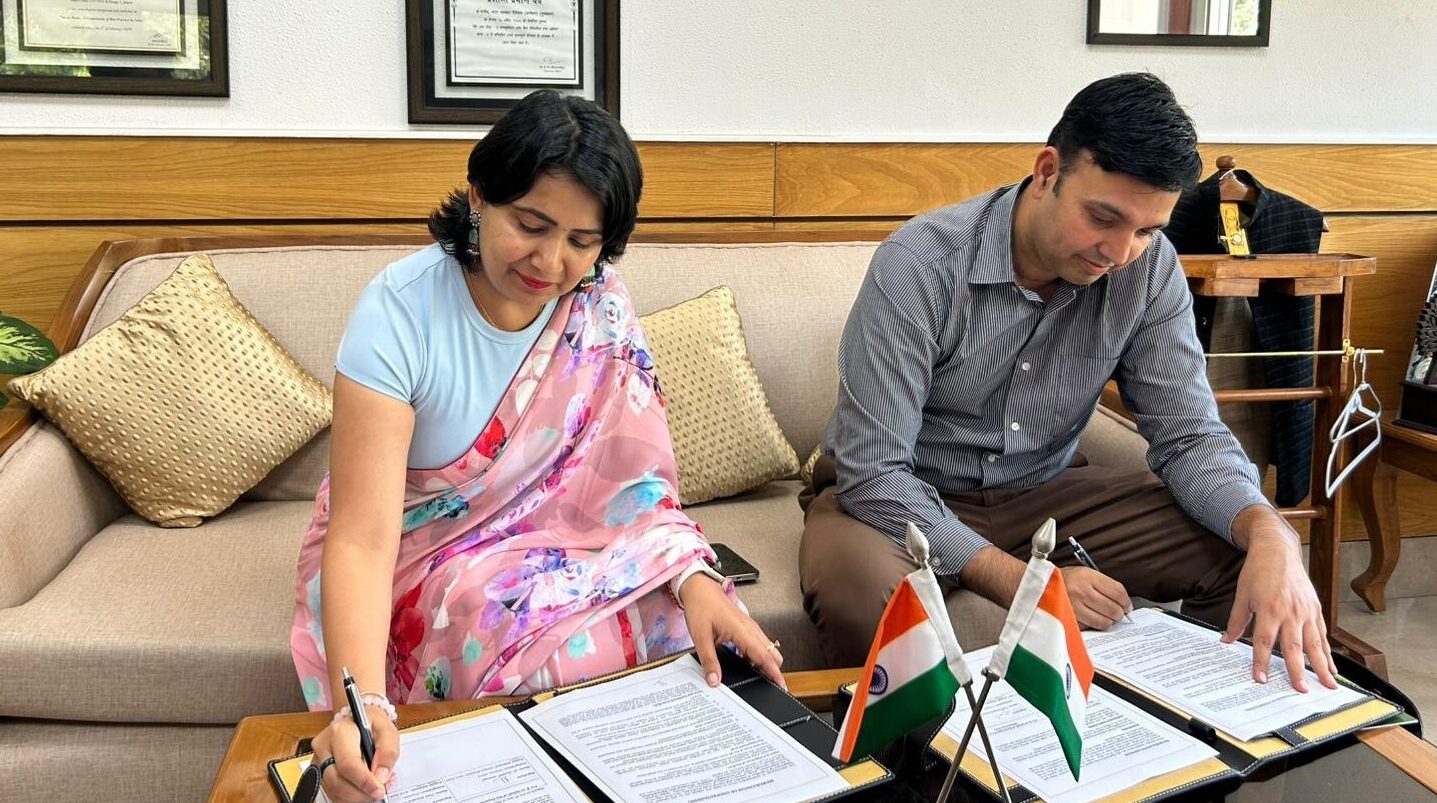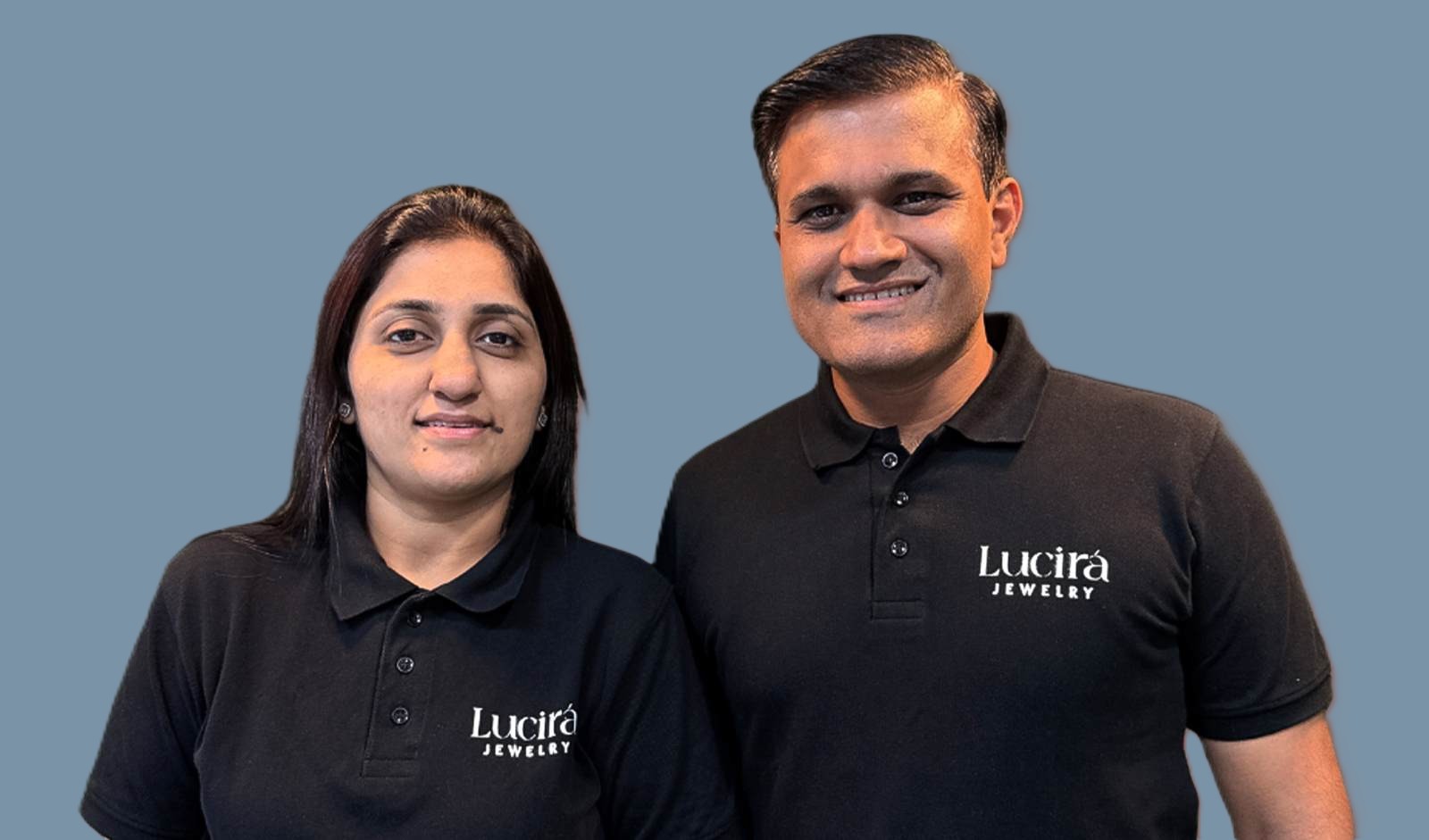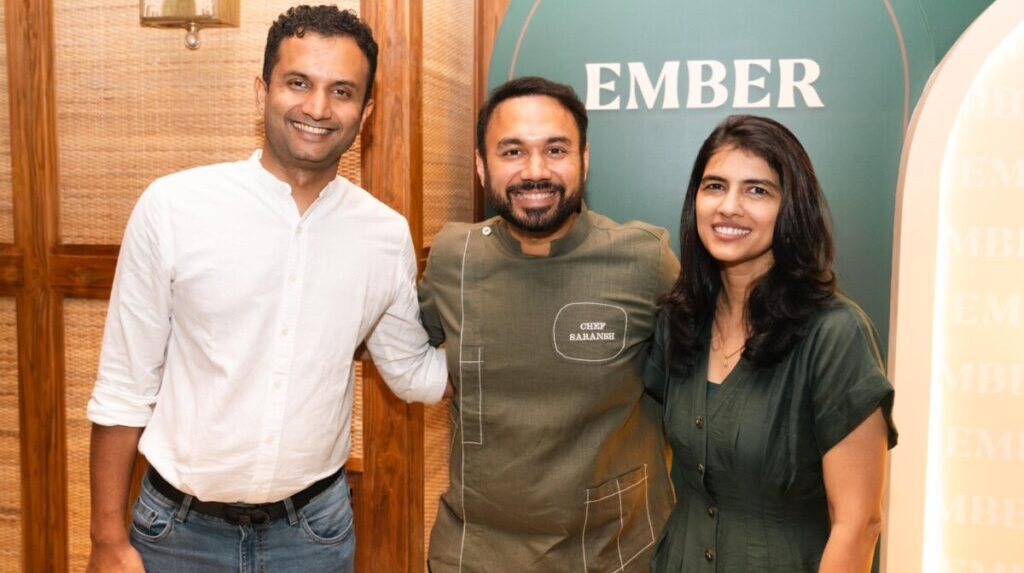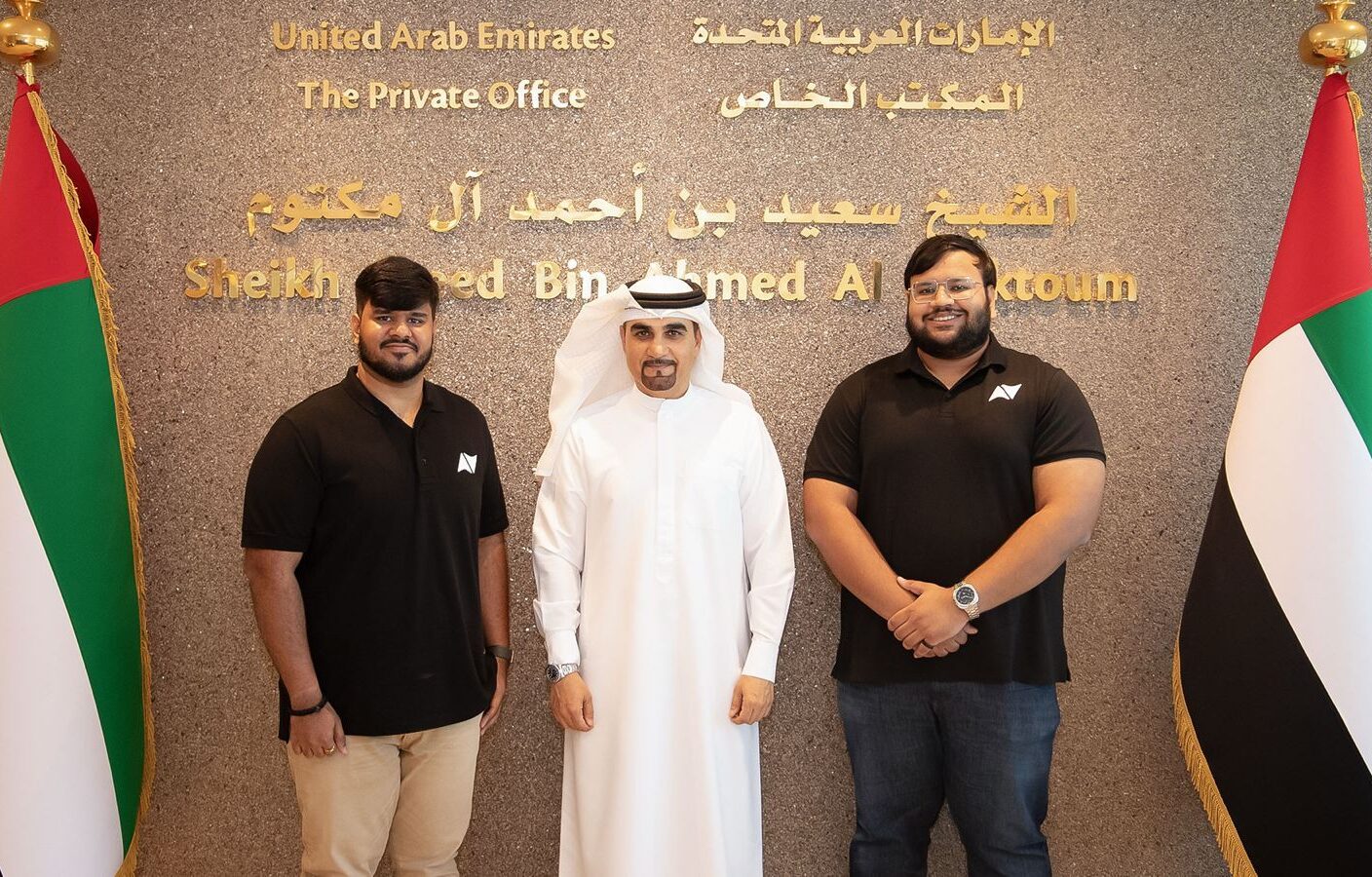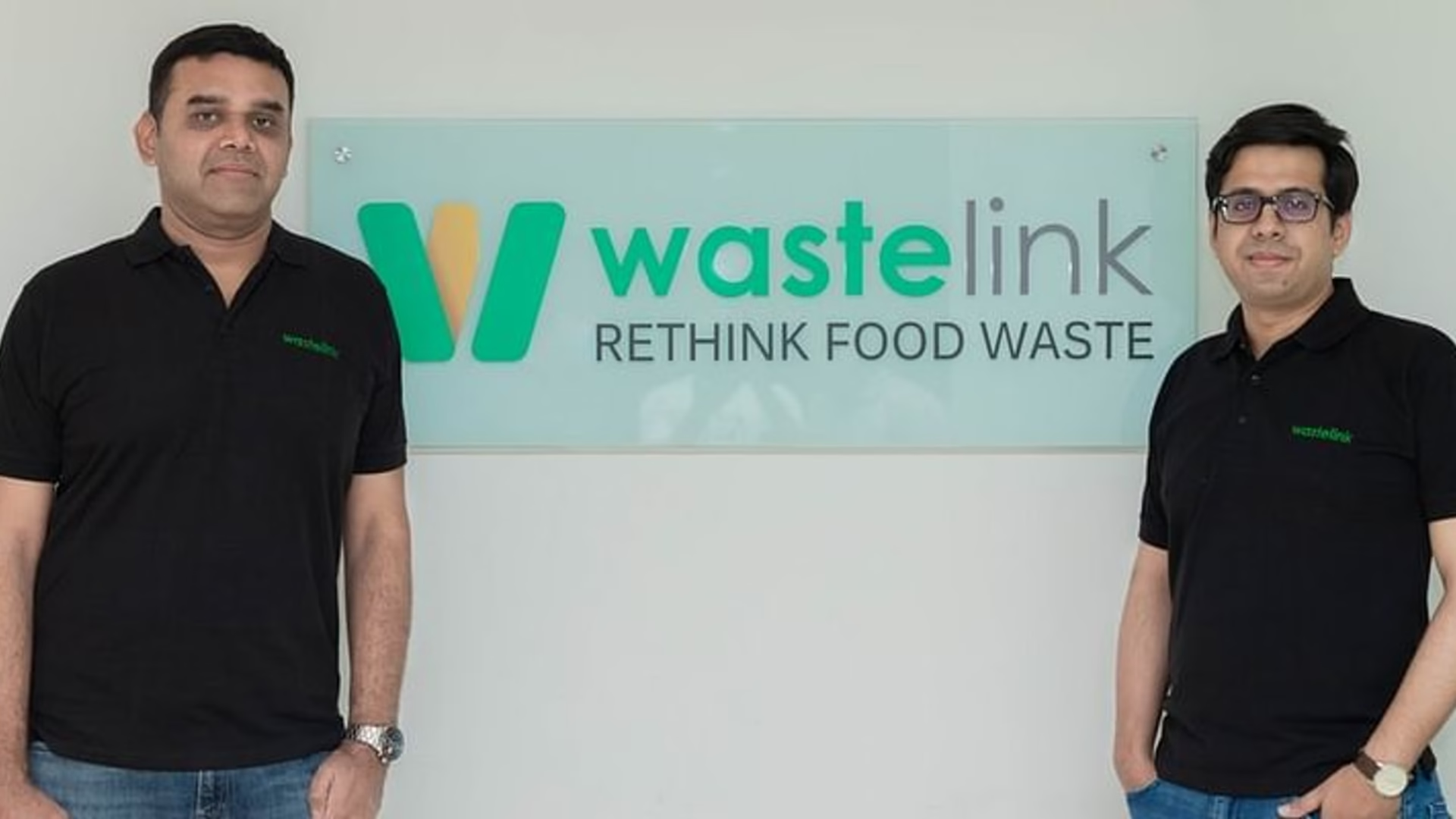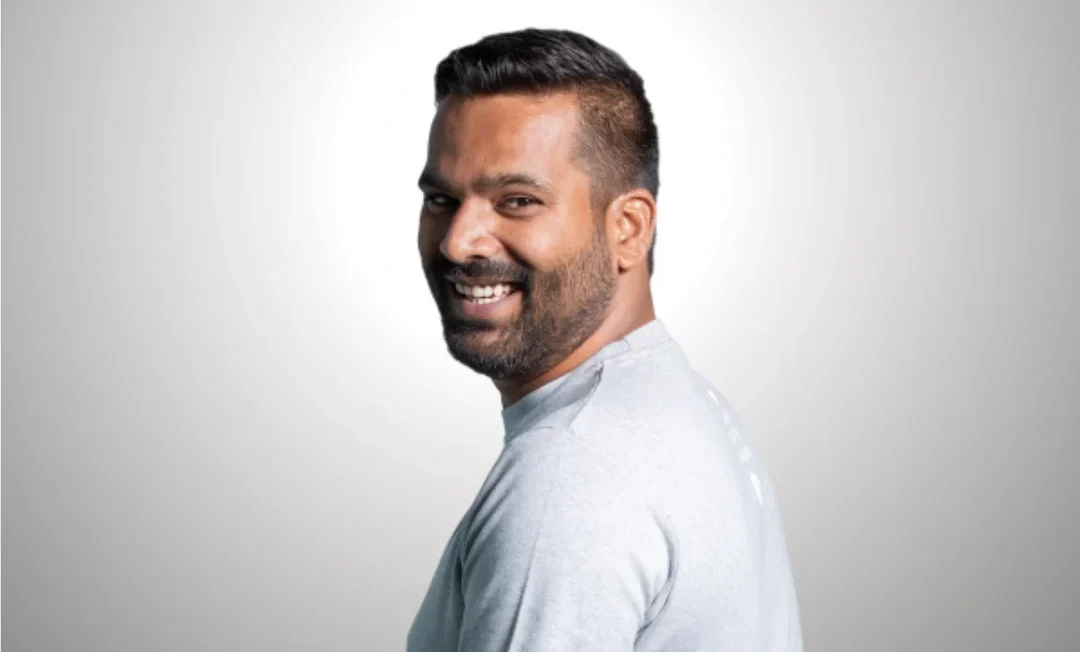When Jai Malpani stepped into his family business in 2017 and helped establish their family office, the plan was modest: allocate some wealth sensibly and let it grow. But over eight years, the office evolved into a sophisticated investor across private equity, venture capital, public markets and alternatives.
In a strikingly frank note he shared recently, Jai Malpani spelled out the lessons of this journey, eight insights that speak less to spreadsheets and more to mindset. These aren’t the kind of bromides you find in a glossy fund brochure; they are crisp, uncomfortable truths about how capital behaves and how families should behave with their capital.
Here’s what the Malpani family learnt and what they think others would do well to remember.
1. Always Ask: Why Is This Deal Coming to You?
It sounds obvious, but few pause to ask it. If a deal bypassed larger funds, experienced family offices and institutional investors before landing on your table why? Sometimes it’s genuinely a fit with your profile, but often, you’re simply the next name in a long list of calls. This question has saved them from chasing poor fits and has sharpened their selectivity.
2. Relationships Matter More Than Firms
There are advisors and brokers aplenty, but few who actually care about the long-term prosperity of the capital of the family. Malpani believes in building strong rapport with a small number of advisors instead of stretching time and faith to many. Such relationships, he contends, have direct bearing on the quality of your opportunities and results.
3. Institutionalise Your Process
For years the family office operated without an Investment Policy Statement and it showed. Too many voices, too much drift. Creating a clear IPS brought structure and discipline, ensuring decisions reflected the family’s priorities and risk appetite rather than whoever spoke loudest in the room.
4. Avoid FOMO and Time-Pressured Deals
Some pitches come with urgency: “You must commit by tonight.” Malpani’s advice? Walk away. There is no shortage of good opportunities. Family offices have the luxury of patience; chasing every “hot” deal usually ends in regret.
5. Be Wary of Late-Stage/Pre-IPO Rounds
The temptation to own a piece of a well-known company just before its IPO is strong but dangerous. By then, valuations are inflated, and most upside has already been pocketed by early investors. Malpani cautions that such rounds are often selling familiarity rather than value. Real gains can still lie after the listing, not before.
6. First-Time Managers Can Be Risky
First-time fund managers are often full of energy and pitch creativity but they also come with operational hiccups and untested processes. Unless the family has deep conviction in the team, they prefer managers with solid track records and robust systems, even at slightly higher fees.
7. Cost of Returns Matter
Gross returns make for nice PowerPoint slides. But what matters is what’s left after fees, carry, transaction costs and taxes. Malpani’s team actively tracks the “cost of return” across asset classes and measures success by post-tax, post-fee results, ensuring capital remains efficient and compounding is real.
8. Say No, But Keep Showing Up
Their final and perhaps most difficult lesson: the discipline to say no. Malpani even tracks their rejection ratio as a measure of selectivity. But even if you pass on 99 deals, you still need to show up, meet people, listen and keep learning. That network and market feel is invaluable, even when you’re saying no more often than yes.
Speaking to investors and peers through his post, Jai Malpani said these lessons were forged in real-world decisions and hopes they will help other families think more clearly about capital, conviction and compounding.
If nothing else, next time a pitch deck slides across your table, you might find yourself asking: why me? And that, Malpani would say, is a very good place to start.
Also Read: Sweet Karam Coffee Celebrates 10 Years with ₹100 Cr ARR











